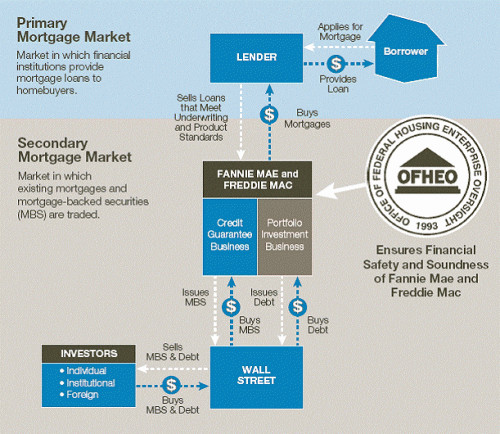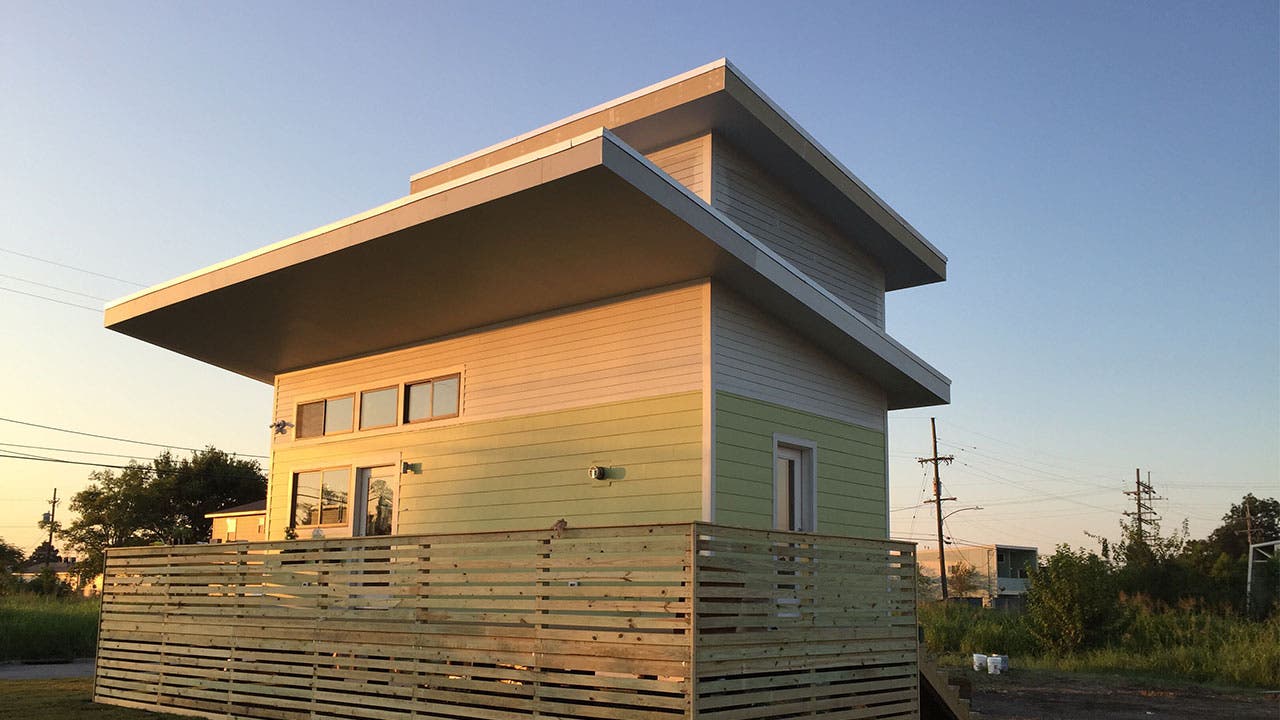When you shop for a home, you might hear a little bit of industry terminology you're not familiar with. We have actually produced an easy-to-understand directory site of the most typical home loan terms. Part of each regular monthly home mortgage payment will go towards paying interest to your lending institution, while another part approaches paying for your loan balance (also called your loan's principal).
Throughout the earlier years, a higher part of your payment goes toward interest. As time goes on, more of your payment approaches paying down the balance of your loan. The down payment is the cash you pay in advance to purchase a home. In many cases, you have to put cash down to get a mortgage.
For example, conventional loans need as little as 3% down, but you'll have to pay a monthly fee (called private mortgage insurance coverage) to make up for the little down payment. On the other hand, if you put 20% down, you 'd likely get a better rate of interest, and you would not need to pay for personal home mortgage insurance coverage.
Part of owning a house is paying for real estate tax and homeowners insurance coverage. To make it simple for you, lenders established an escrow account to pay these expenditures. how do reverse mortgages work after death. Your escrow account is handled by your lender and works sort of like a bank account. Nobody earns interest on the funds held there, but the account is utilized to collect cash so your loan provider can send out payments for your taxes and insurance in your place.
Not all home loans come with an escrow account. If your loan does not have one, you need to pay your residential or commercial property taxes and homeowners insurance expenses yourself. However, most lending institutions use this option due to the fact that it enables them to make sure the real estate tax and insurance costs make money. If your deposit is less than 20%, an escrow account is required.
How Do Mortgages Work Property Law Things To Know Before You Buy

Remember that the amount of cash you need in your escrow account depends on just how much your insurance and home taxes are each year. And because these expenditures might change year to year, your escrow payment will alter, too. That implies your month-to-month home mortgage payment might increase or reduce.
There are two types of mortgage rates of interest: fixed rates and adjustable rates. Fixed interest rates remain the same for the entire length of your home loan. If you have a 30-year fixed-rate loan with a 4% rates of interest, you'll pay 4% interest until you settle or re-finance your loan.
Adjustable rates are rates of interest that alter based on the market. Most adjustable rate home mortgages start with a fixed rate of interest period, which typically lasts 5, 7 or 10 years. Throughout this time, your rate of interest remains the exact same. After your fixed interest rate duration ends, your rates of interest adjusts up or down once each year, according to the market.
ARMs are best for some borrowers. If you plan to move or re-finance prior to completion of your fixed-rate duration, an adjustable rate home mortgage can offer you access to lower rates of interest than you 'd usually find with a fixed-rate loan. The loan servicer is the business that's in charge of offering regular monthly mortgage declarations, processing payments, managing your escrow account and reacting to your questions.
Lenders might offer the maintenance rights of your loan and you may not get to select who services your loan. There are lots of types of mortgage. Each includes different requirements, rates of interest and advantages. Here are some of the most typical types you might become aware of when you're making an application for a home loan - how do reverse mortgages work example.

How Mortgages Payments Work for Dummies
You can get an FHA loan with a deposit as low as 3.5% and a credit rating of just 580. These loans are backed by the Federal Real Estate Administration; this implies the FHA will compensate lenders if you default on your loan. This decreases the risk lenders are handling by lending you the cash; this indicates loan providers can offer these loans to customers with lower credit history and smaller sized deposits.
Conventional loans are frequently also "conforming loans," which implies they fulfill a set of requirements defined by Fannie Mae and Freddie Mac two government-sponsored enterprises that purchase loans from lenders so they can provide home loans to more individuals - how mortgages work. Conventional loans are a popular choice for purchasers. You can get a conventional loan with as low as 3% down.
This contributes to your month-to-month costs however permits you to enter into a brand-new house sooner. USDA loans are just for houses in eligible rural areas (although lots of homes in the suburbs certify as "rural" according to the USDA's definition.). To get a USDA loan, your household income can't exceed 115% of the location median income.
For some, the assurance costs required by the USDA program expense less than the FHA mortgage insurance premium. VA loans are for active-duty military members and veterans. Backed by the Department of Veterans Affairs, VA loans are a benefit of service for those who've served our country. VA loans are a fantastic choice due to the fact that they let you purchase a house with 0% down and no private mortgage insurance.
Each month-to-month payment has four significant parts: principal, interest, taxes and insurance. Your loan principal is the quantity of money you have actually delegated pay on the loan. For example, if you obtain $200,000 to buy a home and you settle $10,000, your principal is $190,000. Part of your month-to-month home loan payment will automatically approach paying for your principal.
The Buzz on How Do Mortgages Work For First Time Buyers Bank Of America
The interest you pay each month is based on your rates of interest and loan principal. The cash you https://local.hometownsource.com/places/view/159183/wesley_financial_group_llc.html pay for interest goes straight to your mortgage service provider. As your loan develops, you pay less in interest as your principal declines. If your loan has an escrow account, your regular monthly home loan payment may also include payments for real estate tax and homeowners insurance.
Then, when your taxes or insurance premiums are due, your lender will pay those expenses for you. Your home loan term refers to how long you'll make payments on your home loan. The 2 most common terms are 30 years and 15 years. A longer term typically means lower regular monthly payments. A shorter term typically suggests bigger monthly payments however big interest savings.
In the majority of cases, you'll need to pay PMI if your down payment is less than 20%. The expense of PMI can be included to your monthly home loan payment, covered via a one-time in advance payment at closing or a mix of both. There's likewise a lender-paid PMI, in which you pay a somewhat higher interest rate on the home loan instead of paying the month-to-month cost.
It is the composed promise or contract to repay the loan using the agreed-upon terms. These terms consist of: Interest rate type (adjustable or timeshare lawyer services repaired) Interest rate percentage Quantity of time to repay the loan (loan term) Quantity obtained to be paid back in full Once the loan is paid completely, the promissory note is provided back to the borrower.